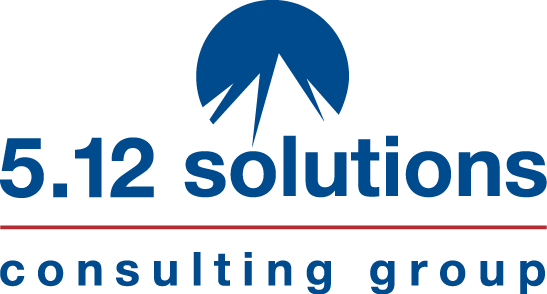Limiting Internal Beliefs: Controlling
To help our clients explore their limiting internal beliefs and advance through the levels of leadership agility, we utilize a tool called The Leadership Circle. It is a 360 degree instrument that not only measures twelve leadership competencies, but also has a second and deeper layer. It helps a person analyze their internal assumptions, ways of thinking, and habits that determine a great deal of their leadership behaviors – most of which decrease effectiveness. The Leadership Circle refers to these dimensions as “Reactive Leadership Styles” because they limit effectiveness, authentic expression, and empowering leadership – all key components to moving higher in the levels of leadership agility. There are three key dimensions within the Reactive Styles – Controlling, Protecting, and Complying. We’ll explore each in separate posts, starting with Controlling in this post.
The Controlling Dimension measures the extent to which you establish a sense of personal worth through task accomplishment and personal achievement. People high in the Controlling Dimension will often look for “perfect” solutions, have a strong need to get ahead, and have a tendency for forceful and aggressive communication. There are a number of strengths that correspond to the Controlling Dimension. For example, a leader might be seen as a “take charge” kind of person and be willing to step up when others may not. The challenge is that leaders with an overly Controlling tendency generally believes they must excel heroically, perform flawlessly, and dominate.
There are a number of internal beliefs that people with high Controlling tendencies use to organize their identity.
- I stay safe by taking charge
- Only the strong survive and I will be one of them
- I need to triumph over others to feel good about myself
- Anything less than perfect is not OK
- I am a valuable person when people look up to me with admiration
- The world is made up of winners and losers
- Being less than others is unacceptable and threatens my security
- Failure, of any proportion, could lead to my demise
Leaders with these beliefs are often seen as aggressive, strong, invulnerable, right, better than others, and heroic. As a result, they tend to struggle with relationships and collaboration that are required to effectively make the consequential decisions that impact an organization.
Do any of the internal beliefs above describe you? How are they impacting your leadership effectiveness? What can you do to challenge those internal assumptions? What would be the impact?
In our next post, we’ll explore the next limiting internal belief – Protecting.
